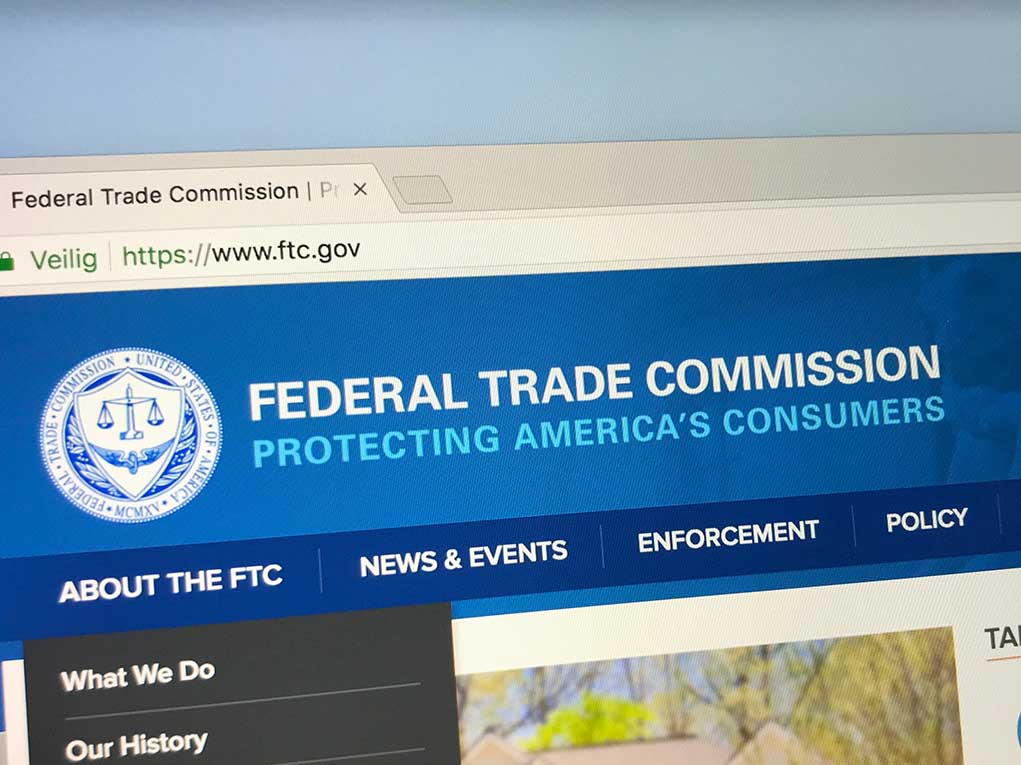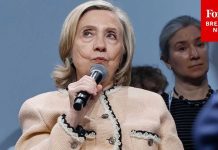
The FTC’s antitrust investigation into the Omnicom-Interpublic merger uncovers a potential conservative media blacklisting scheme that could reshape the $13.25 billion deal and transform American advertising.
Key Takeaways
- The FTC is scrutinizing the $13.25 billion Omnicom-Interpublic merger, which would create the world’s largest advertising agency with $25 billion in annual revenue.
- Chairman Andrew Ferguson’s investigation focuses on whether the companies participated in illegal boycotts of conservative media outlets, violating antitrust laws.
- A potential condition of the merger approval could prohibit the combined entity from boycotting platforms based on political content.
- The investigation targets left-leaning watchdogs like Media Matters and examines advertiser withdrawals from Elon Musk’s X platform.
- This regulatory action aligns with President Trump’s efforts to combat corporate bias against conservative content.
FTC Targets Advertising Giants’ $13.25 Billion Merger
The Federal Trade Commission, under Chairman Andrew Ferguson’s leadership, has launched a comprehensive investigation into the proposed $13.25 billion merger between advertising behemoths Omnicom and Interpublic Group. The merger would create the world’s largest advertising agency with projected annual revenue exceeding $25 billion, fundamentally altering the advertising landscape. However, the FTC’s concerns extend beyond typical market concentration issues to examine whether these companies engaged in coordinated boycotts of conservative media outlets, potentially violating federal antitrust laws through anti-competitive practices.
“The U.S. Federal Trade Commission, reviewing a proposed merger by leading advertising companies Omnicom and Interpublic, may impose a condition that will prevent the combined company from boycotting ads on platforms because of political content,” said a source familiar with the matter.
Political Content Restrictions and Conservative Media Protection
In an unprecedented regulatory approach, the FTC is considering imposing unique conditions on the merger that would explicitly prohibit the combined entity from boycotting advertising platforms based on political content. This move directly addresses growing concerns that major advertising agencies have been systematically discriminating against conservative media outlets by withholding advertising dollars. The restriction would serve as a protective measure for right-leaning platforms and news sources that have increasingly found themselves financially targeted by coordinated advertising boycotts orchestrated by progressive activist groups and their corporate allies.
“In 2024, FTC Chairman Andrew Ferguson said group boycotts by advertisers can be illegal because they involve coordinated refusals to do business, which may restrict competition,” said FTC Chairman Andrew Ferguson.
Expanding Investigation Into Media Watchdogs and X Platform
The FTC has significantly broadened its investigation to include left-wing media watchdog organizations like Media Matters and Ad Fontes Media, examining their relationships with major advertising firms. The Commission has requested extensive documentation related to these groups’ activities, particularly focusing on their role in orchestrating advertiser withdrawals from platforms like X (formerly Twitter) following Elon Musk’s acquisition. This expanded scope demonstrates the FTC’s determination to address the systematic economic pressure tactics used against platforms that refuse to censor conservative viewpoints.
“The Federal Trade Commission is reportedly weighing an unusual restriction as part of its review of the proposed $13.25 billion merger between advertising giants Omnicom and Interpublic Group, one that could bar the combined company from refusing to place ads on platforms due to political content,” said The New York Times.
Trump Administration’s Broader Effort Against Corporate Censorship
The FTC’s actions represent a coordinated effort by President Trump’s administration to combat perceived discrimination against conservative content across corporate America. House Judiciary Committee Chairman Jim Jordan has previously criticized Omnicom for its involvement with the Global Alliance for Responsible Media, which allegedly works to defund certain news outlets based on political orientation. The merger review conditions align with the administration’s commitment to protecting free speech by preventing powerful corporate entities from using their financial leverage to silence conservative voices in media and online platforms.
“Per The New York Times, the restriction under discussion aligns with efforts that began during the first Trump administration to address perceived discrimination against right-leaning content in the corporate sphere,” said The New York Times.
Antitrust Implications and Industry Transformation
The outcome of this investigation could establish new precedents for how antitrust laws are applied to protect viewpoint diversity in media markets. If approved with the proposed restrictions, the merger would create not only the world’s largest advertising agency but also one legally bound to avoid politically motivated boycotts. Neither Omnicom nor Interpublic has publicly commented on the review, but internal restructuring at both companies suggests preparation for significant organizational changes. The FTC’s final decision will likely reshape advertising industry practices and potentially provide a template for protecting conservative media from coordinated financial pressure campaigns.




